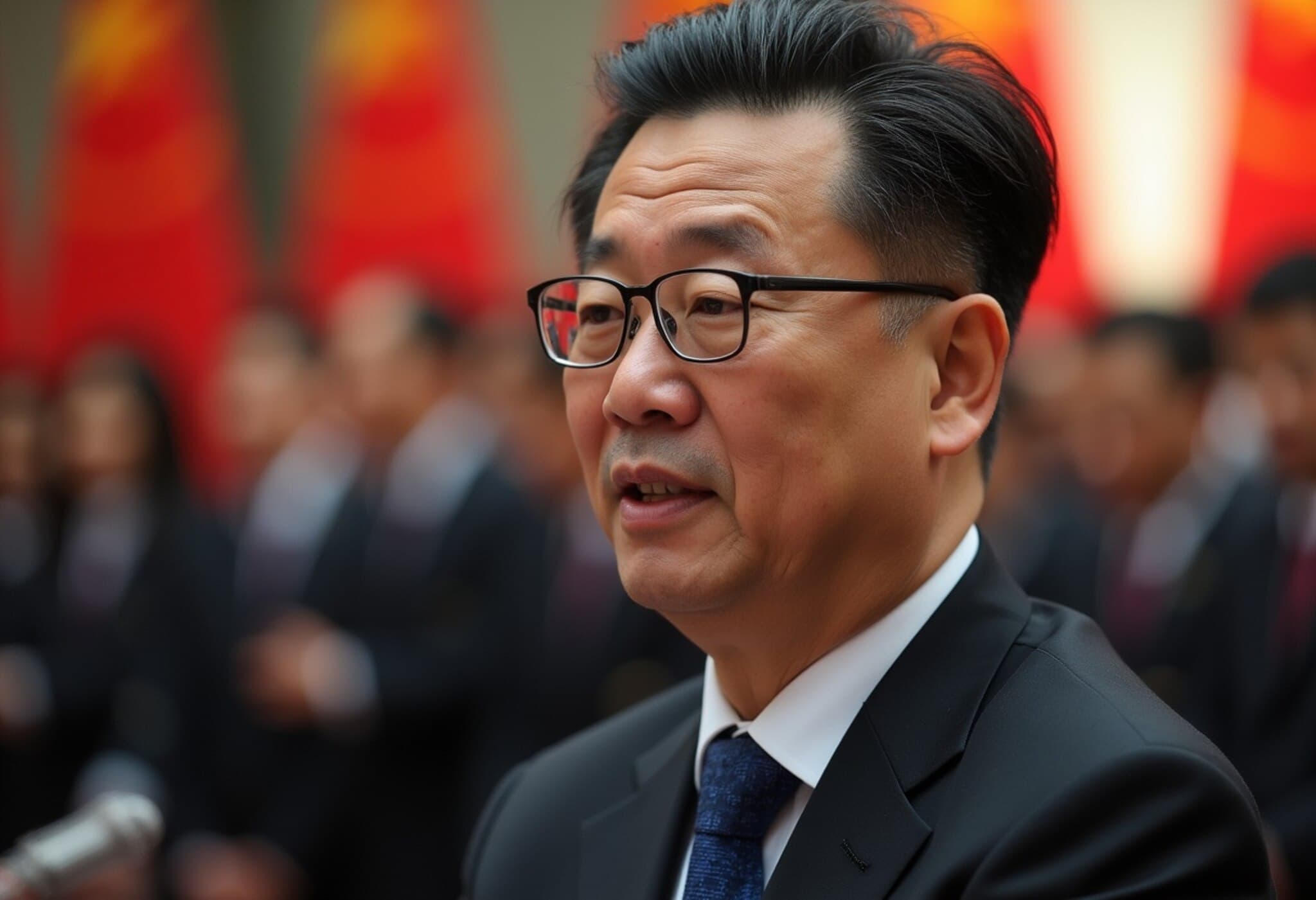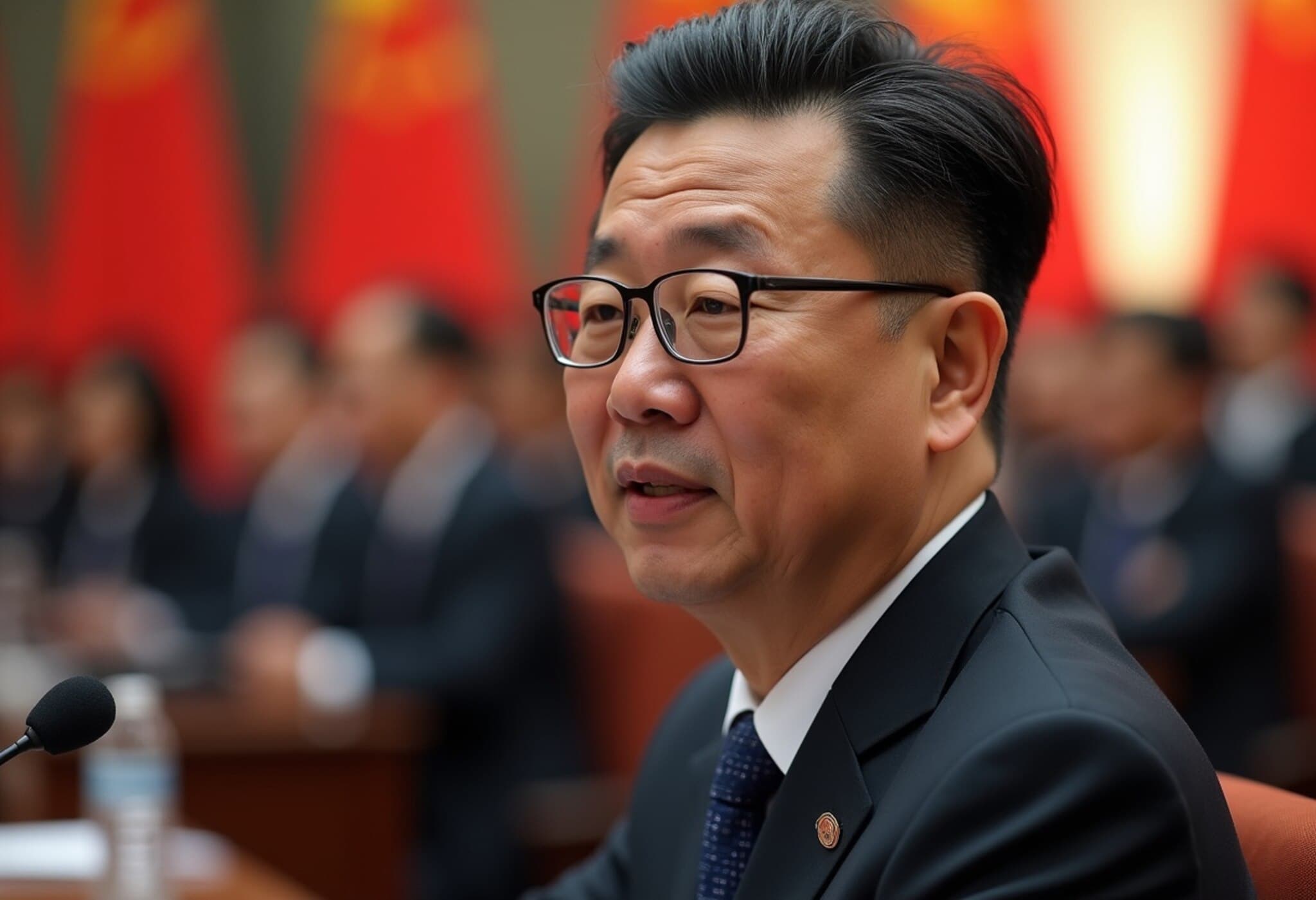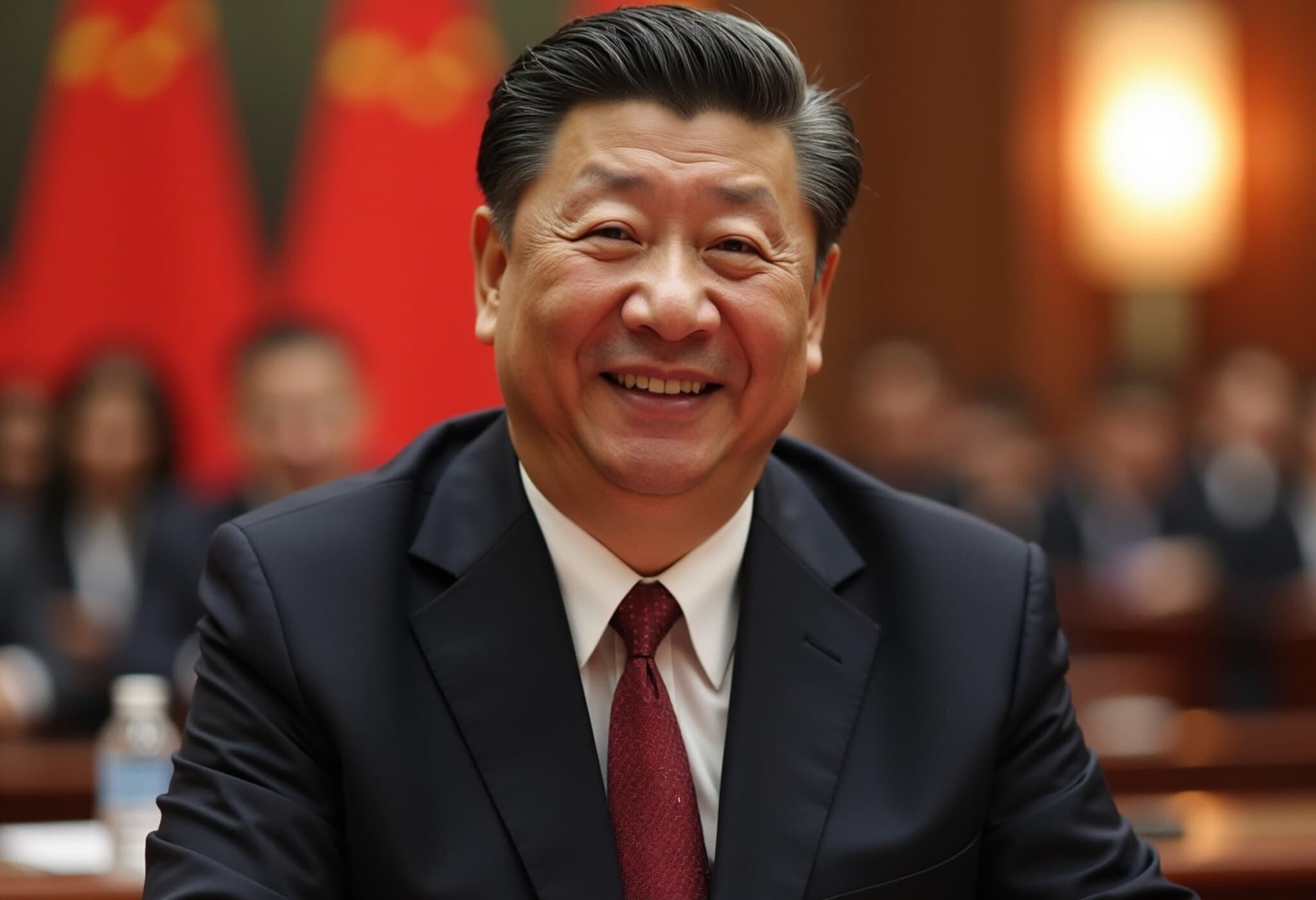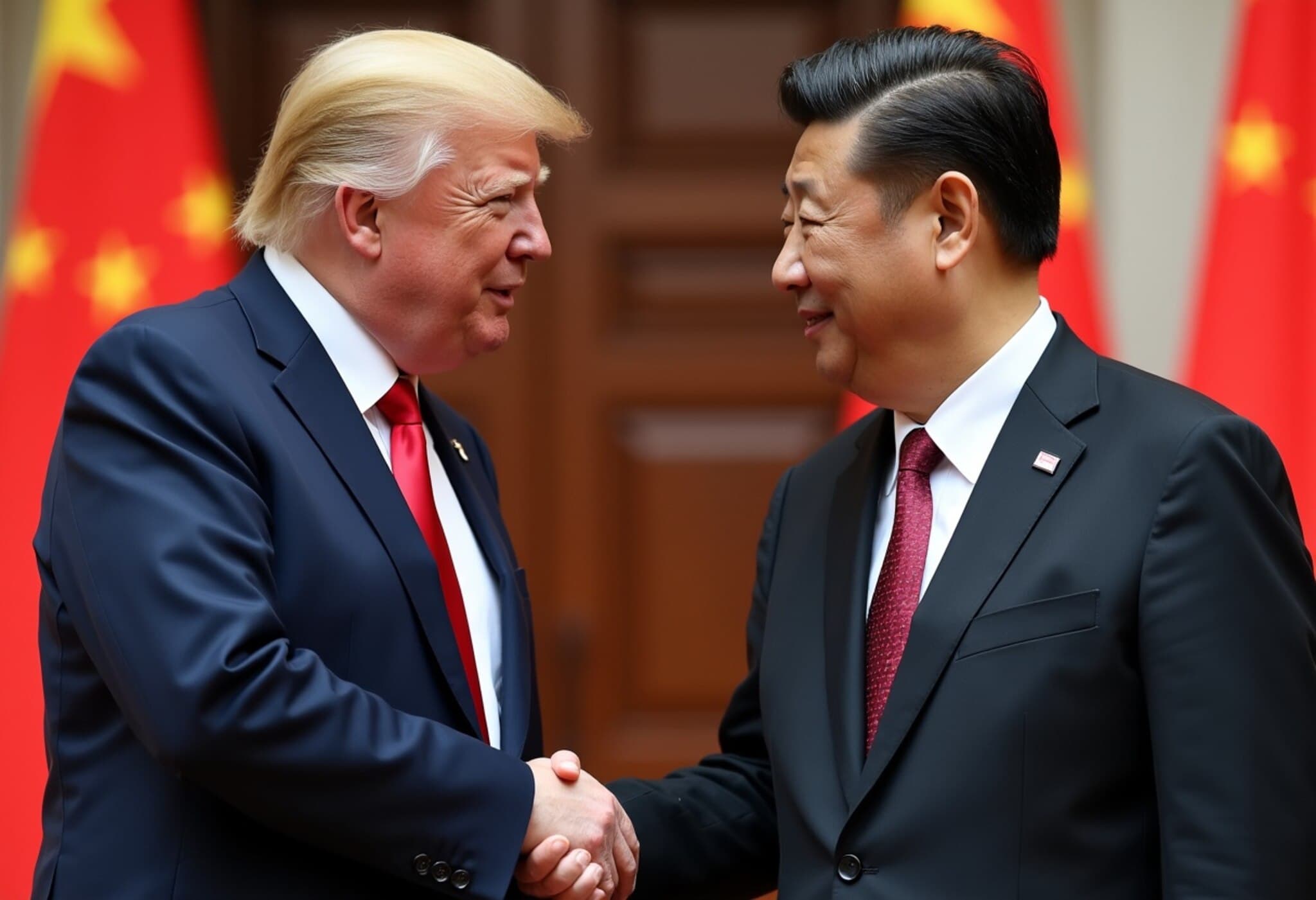Senior Chinese Diplomat Liu Jianchao Detained for Questioning
In a development with significant geopolitical implications, Liu Jianchao, a key figure in China's diplomatic circle and a leading candidate for the foreign minister role, has reportedly been taken into custody by Chinese authorities for questioning. This startling news emerged on August 10, 2025, as reported by the Wall Street Journal, citing sources familiar with the matter.
Background and Role of Liu Jianchao
Liu, aged 61, currently heads the International Department of the Chinese Communist Party—a critical department responsible for managing China’s relations with foreign political parties. Since his appointment in 2022, he has maintained an active diplomatic presence, traveling to over 20 countries and engaging with officials from more than 160 nations. Notably, his recent high-profile meetings, including conversations with former U.S. Secretary of State Antony Blinken in Washington, had fueled speculation that he was being positioned as China’s next foreign minister.
Context: Political Sensitivity and Previous High-Profile Probes
This incident represents one of the most high-level probes involving a top diplomat in recent years, echoing the 2023 fallout surrounding former Foreign Minister Qin Gang, a close ally of President Xi Jinping, who was abruptly removed following scandalous rumors. Liu's detention underscores the potentially volatile and opaque nature of political power dynamics within China's elite.
Personal and Professional Trajectory
- Educational Background: Liu studied English at Beijing Foreign Studies University and later pursued international relations at Oxford, underscoring a deeply internationalized educational foundation.
- Career Milestones: Starting as a translator for China's foreign ministry, he has since served in diplomatic roles in the UK, Indonesia, and the Philippines, as well as held the position of ministry spokesman known for combining sharp wit with forceful advocacy of China’s interests.
Implications for Sino-American Relations and Global Diplomacy
Liu's abrupt detention raises critical questions about the stability and coherence of China's foreign policy leadership during a time of rising global tensions, especially in U.S.-China relations. Analysts worry this may signal intensified internal political purges or a reshuffling of power within the Chinese Communist Party, potentially complicating diplomacy at a time when dialogue between major powers is vital.
Official Responses and Media Silence
As of now, both China’s State Council Information Office and the Communist Party International Liaison Department have declined to comment on the situation. The lack of official communication keeps the international community in suspense, reflecting China's characteristic opacity in handling such sensitive matters.
Expert Insight
Dr. Mei Cheng, a senior fellow specializing in Chinese politics at an American think tank, notes, “Liu Jianchao’s detention may point to deeper factional struggles within Beijing's leadership. Such internal upheavals can disrupt foreign policy consistency, making it challenging for the U.S. and other nations to negotiate or forecast Beijing’s strategic moves.”
Looking Ahead: What This Means for Global Observers
This high-profile detention invites a closer examination of China's internal governance and raises questions about the continuity of its diplomatic strategy. Observers should monitor further developments as they may offer critical signals regarding China's political climate and its international posture.
Editor’s Note
Liu Jianchao’s detention marks a pivotal moment in China’s political landscape, revealing the precariousness behind the façade of steady diplomatic relations. For international analysts and policymakers, this incident is a stark reminder that the personal and political dynamics within authoritarian regimes often shape global affairs in unexpected ways. The episode also raises broader questions about transparency, political accountability, and the human dimensions within international diplomacy.










